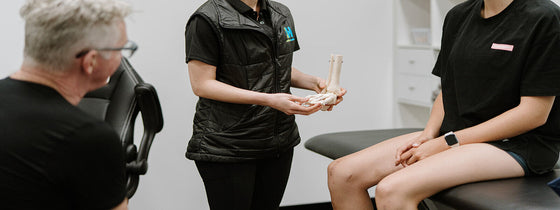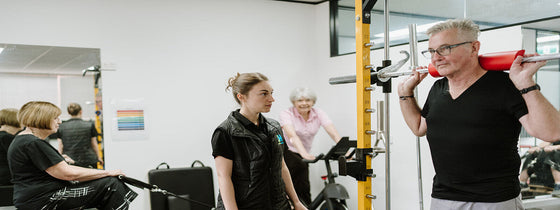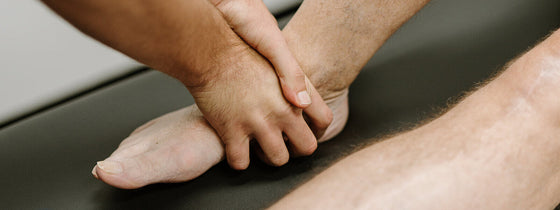- Pre-habilitation is the act of strengthining yourself prior to the surgery. It is safe to do exercise prior to your surgery and infact is encouraged. It enhances outcomes and better prepares you for the up coming surgery.
- No matter the circumstances it is a great idea to get your house prepped prior to surgery in preparation for your return home, this includes:
- Preparing some frozen meals in the fridge
- Have ice packs ready
- Having the house setup e.g. do you need to move a bed downstairs.
- Have medications you already take ready at home
- Organise Transport with family or friends for post operative appointments
- Coming out of the surgery you will be sore. However in most cases with the assitance of a gait aid such as crutches it is safe to walk short distances, exercise and move (as guided by your physio). It is also vital to utilise the medication provided to ensure we get you up and moving early to get the best outcomes.
- Book an appointment at the 2 week mark post surgery with your physio. Have this prepared prior to the surgery and organise a lift from a friend or family memeber for this appointment as you will be unable to drive at this stage.
- Although in many cases it is required, depending on your circumstances dicussing with your surgeon, other options can be good idea. Programs such as the GLAD program can be a great way to improve function and prevent/prolong the need for a knee replacement.
Book in with one of our Physiotherapist today if you’ve got your total knee replacement surgery booked in, and/or if you’re looking to best prepare for this surgery this year. Its our genuine pleasure to help you kick goals after this surgery with our tips by your side! Call us on 94315955 or book online now.

If you're experiencing back or neck pain with neurological signs and symptoms, a thorough neurological examination is crucial for accurate assessment and effective treatment. In this Optimal Tip learn more about what we mean by completing a neurological exam!

Squats, deadlifts, and calf raises are key movement patterns that should be part of every strength and conditioning program—regardless of age and activity level. These functional movements support joint health, improve posture and balance, and reduce the risk of injury while building strength where it matters most.

A ganglion cyst is a fluid-filled swelling that typically forms over a joint or tendon sheath, causing discomfort and pain, especially when pressing against nerves or joints. Proper assessment and treatment, including physiotherapy, are essential for managing symptoms and improving function in the presence of a ganglion in your hand, foot, or wrist.